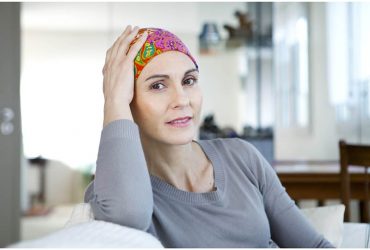Increased global efficiency, as well as decreased characteristic path length and altered nodal centralities, seen on functional MRI
CBD did not meet primary end point comparing preingestion to postingestion anxiety, but resulted in lower anxiety levels
Intervention includes six-week in-home, voice-activated cognitive behavioral therapy program
Return to work two years after diagnosis associated with higher cognitive speed performance before and after cancer treatment
Increasing distress also seen with increased housing and food insecurity among women with breast cancer
Higher levels of breast satisfaction and psychosocial and sexual well-being reported compared with alloplastic breast reconstruction
Patients with depression only in the prediagnosis period less likely to receive guideline-recommended treatment, have worse survival
No association noted for awareness with short-term breast cancer worry or long-term psychological outcomes
Nearly 40 percent of women have perceptions of breast reconstruction that are better or worse than those of third-party observers
Authors suggest that psychological factors, such as body image, may influence postoperative outcomes for breast reconstruction











